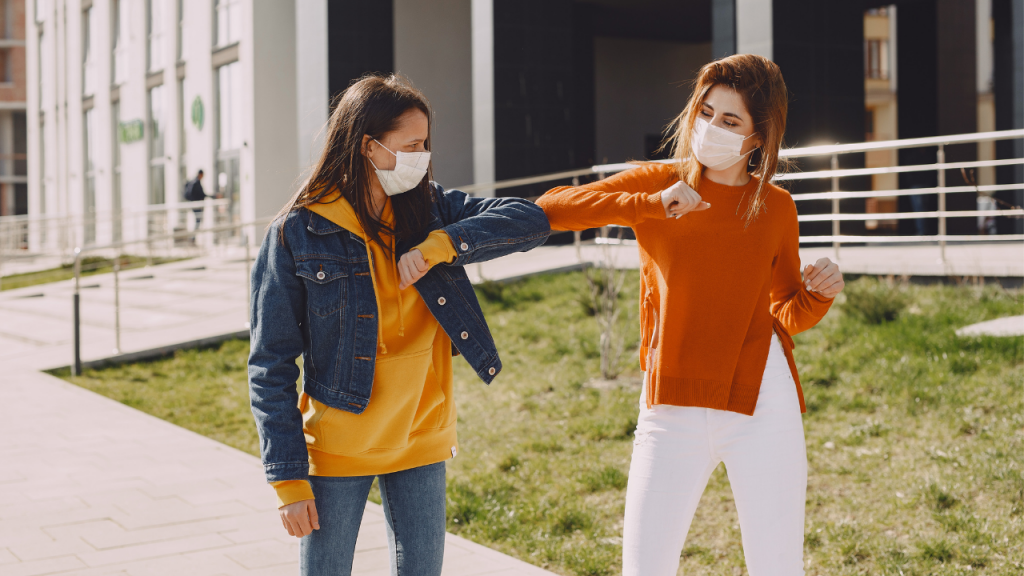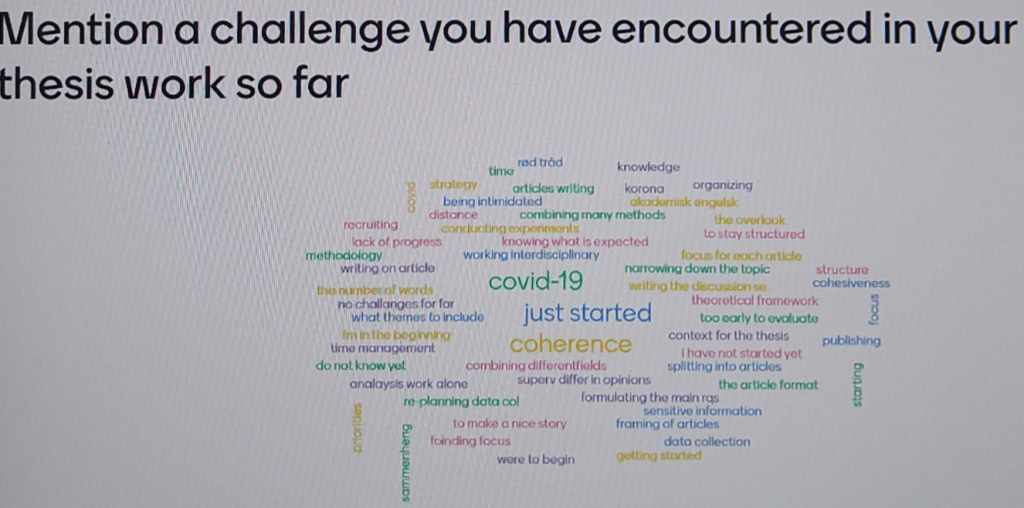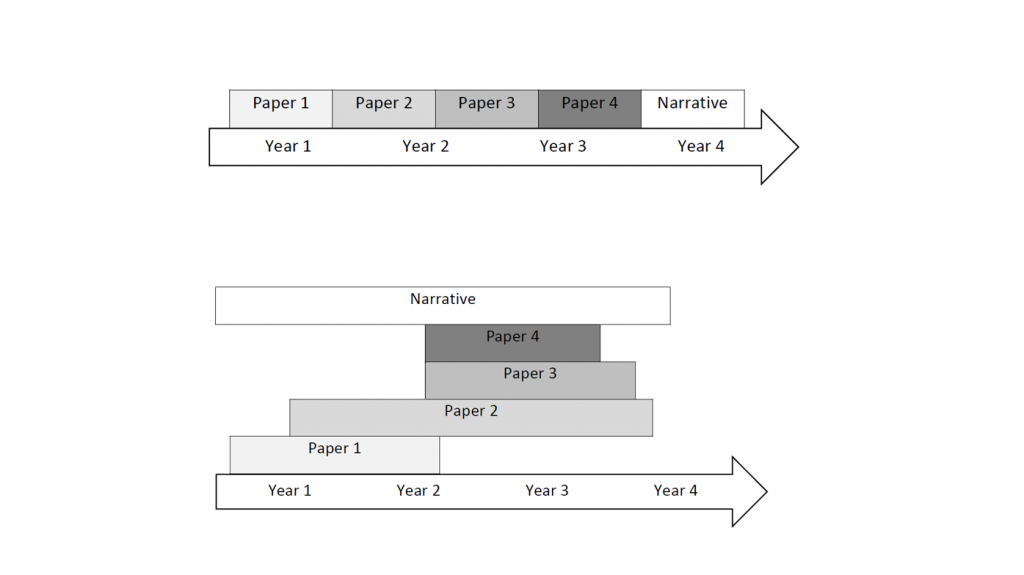Compensation (work contract extension) for PhDs 2021

Dear fellow PhDs of OsloMet,
This is a short note to inform you that funds have been set aside centrally for those who are still facing problems with working normally. The coordinators/leaders of the different PhD programs at OsloMet have been notified about this.
During the first rounds of compensations in 2020, a bit more than ⅓ applied and got compensated, ranging from just a couple of days to 1 year! OsloMet prioritize our working conditions, and will continue to do so.
While 2020 has been a year of readjusting to new work conditions, it should in no way be seen as normal or regular conditions for working. We see it as completely normal that some will still be struggling, either substantially or just from working 97% instead of 100%. Over time, it adds up. Some might not have noticed it before now, that things are starting to add up a bit more than at first thought. Others are finding themselves at new stages of the PhD where it is suddenly harder to work under these conditions. In addition, for those starting their PhD under COVID-19, the important first year of being integrated and socialized into your academic milieu, might be going slow – too slow – and thus causing new types of delays. And for others it is the isolation, the uncertainty, the loneliness and the constant pressure taking its toll on mental health. It might be a combination of many very small issues combining into something that is noticeable.
Whatever the reason, whatever the cause(s), please know that it will be possible to apply for further compensation/extensions. 3 days, 2 weeks, 1 month, 2 months – it will undoubtedly vary from person to person of those who are still being affected.
However, for those that are not in the finishing months of their degree, we advise that it is best to wait until we approach a more normal situation again. This is beneficial to you as it secures that you only need to apply once, and not continuously throughout the year. In addition, creating and maintaining a plan together with your supervisor to ensure progress is also an important tool in both tracking your work and making visible those things that are externally affecting the project and connected to COVID-19.
If you already know now that you will later apply, it could be wise to send an e-mail to either your supervisor or your closest leader about it (Don’t worry, In the Norwegian work context this is quite normal to do.). Another option would for instance be to keep a diary of what affects your work throughout the next few months.
We are here for you, if you have any questions! Or if you just need some peer advice!
Signed,
PhD Forum OsloMet


